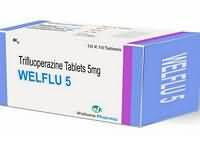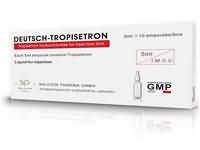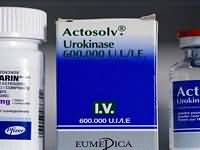Budesonide

Budesonide
CLINICAL USE
Asthma Allergic and vasomotor rhinitis Inflammatory skin disorders DOSE IN NORMAL RENAL FUNCTION
Inhaler/Turbohaler: 200–1600 micrograms daily in divided dosesRespules: 1–2 mg twice daily; half doses for maintenanceNasal spray: 100 micrograms each nostril twice daily or 200 micrograms each nostril once daily; reduce to 100 micrograms each nostril once daily when symptoms controlledTopical preparations: apply 1–2 times daily Capsules: 3 mg, 3 times a day, CR: 9 mg once dailycinEnema: 2 mg/100 mL at bedtime PHARMACOKINETICS
Molecular weight :430.5 %Protein binding :85–90 %Excreted unchanged in urine : 0 Volume of distribution (L/kg) :3half-life – normal/ESRD (hrs) :1.8–2.2 (inhaled), 3–4 (oral)/– DOSE IN RENAL IMPAIRMENT
GFR (mL/MIN)
20 to 50 : Dose as in normal renal function 10 to 20 : Dose as in normal renal function <10 : Dose as in normal renal function DOSE IN PATIENTS UNDERGOING RENAL REPLACEMENT THERAPIES
CAPD :Unlikely to be dialysed. Dose as in normal renal function HD :Unlikely to be dialysed. Dose as in normal renal functionHDF/high flux :Unlikely to be dialysed. Dose as in normal renal functionCAV/VVHD :Unlikely to be dialysed. Dose as in normal renal function IMPORTANT DRUG INTERACTIONS
Potentially hazardous interactions with other drugsAntifungals: concentration of inhaled budesonide increased by itraconazole and ketoconazoleAntivirals: concentration of inhaled and intranasal budesonide increased by ritonavir ADMINISTRATION
Reconstition
Respules: may be diluted up to 50% with sterile sodium chloride 0.9% Route
Inhalation, topical, oral Rate of Administration
– Comments
– OTHER INFORMATION
Special care is needed in patients with quiescent lung tuberculosis, fungal and viral infections in the airways.
See how to identify renal failure stages according to GFR calculation
See how to diagnose irreversible renal disease
Home









